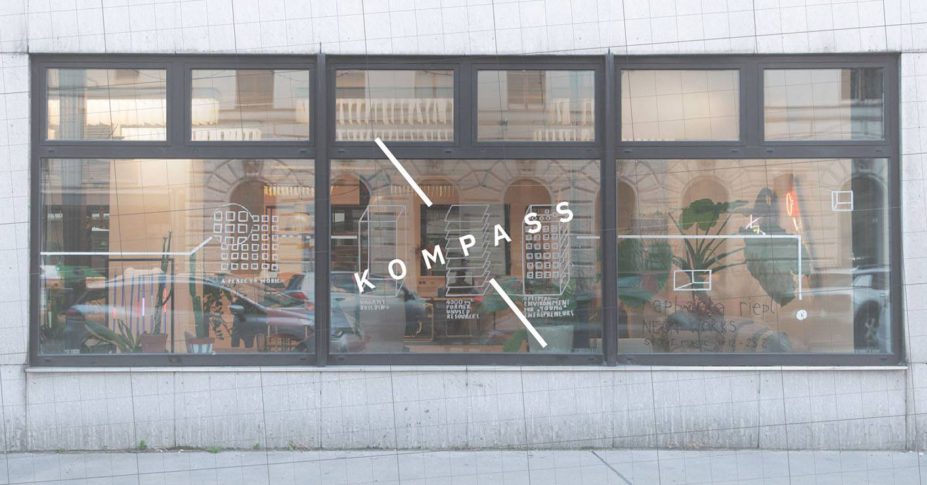 Case studies
Case studies
- Where: Sarkandaugava neighborhood, Riga, Latvia
- Space: neighbourhood, residential district consisting of large blocks of flats, historical tissue, green area, industrial area, degradated
- Number of residents: 16 167
- Area size: 7,6 km2
- Organisers/authors
coordinator: Free Riga NGO partner: Sarkandaugava neihgbourhood association
Case Study
Free Riga
Opening up empty buildings for cultural and social initiatives.
What happened?
Free Riga’s approach to urban transformation is to open up empty buildings for cultural and social initiatives. In this project they wanted to find a way to fill the empty buildings in Sarkanduagava with initiatives which activate locally and also improve the local quality of life. Their methodology allows people with different skillsets and backgrounds to pursue common interests by grouping together in teams to develop and implement their cultural initiatives. This includes: a pop-up office in an unused shop, publishing a newspaper, a survey of local citizens about their cultural interests,meetings, online communication channel, training course for participants engaging in creating cultural activities and venues.
- Who can help?
- Neigbourhood association
- local youth centre
- local museums
- local business, shops

Why?
The main challenge for Sarkandauga is stigmatization. The surveys indicate that the inhabitants of Riga in general do not favor Sarkandaugava as a place to live, while, people living there do not feel the same way and therefore suffer from such stigmatisation. The post-industrial and working-class image is powerful. The Riga Psychiatry and Narcology Center, located in the heart of the area, has created more stigmas around the area than anything else.
There is also a lack of cultural facilities and spaces, which might bring different social groups together.Locals cite the ongoing deterioration of historical buildings and urban infrastructure as a challenge. There is distrust of the authorities due to processes of participation that have promised change but come up short.

How? (tools & methods)
- Mapping: Getting to know the environment, marking potential sites for cultural activities; Meeting with neighborhood stakeholders ( Brunch at pop-up office), jointly performing SWOT analysis; A study of the neighborhood by artists in residence; Survey, people are able to mark what they are missing in their neighborhoods;
- Visioning: Kompass presentations, lectures and discussions; residents were informed about the diversity of civic initiatives from our colleagues’ experiences, suggesting that utopian ideas can work; Newspaper in mailboxes; a neighborhood newspaper about various events in the neighborhood mostly related to possibilities for new cultural activities;
- Designing: Collaboration project titled Creative Sarkandaugava together with Sarkandaugava neighborhood association;
- Project implementation: A meeting for those who wanted to get involved, the forming of teams for creation of cultural activities; Team’s support for creation of cultural activities (local mosaic workshops, urban walks); Evaluation meetings with project partners to inform on the implemented activities; Interviews with the residents involved in the implementation of activities

For whom?
- Different goroups of residents
- How much time is needed?
- 5 months of mapping
- 3 months visioning
- 7 months of designing and then redesigning
- 12 months of implementing and testing different ideas
- 3 month of evaluating
What should you be aware of?
Words from coordinators: "For better results with this method there should be more people in the core team, more partners directly engaged, and better support attracted to provide back-up and to increase the impact. With increased support and knowledge there was the potential for more than three inhabitant initiatives to be supported."
What worked out?
The framework of cultural planning gave a structure to the process. Project implementation was the most important stage, yet without the previous stages it would not be possible.
- "Mapping was important because it gave us an understanding of what is missing in Sarkandaugava. It also helped to highlight the potential of the site."
- "The testing of designed activities provided us with learning on what we should do differently, and on what has to be improved or added"
